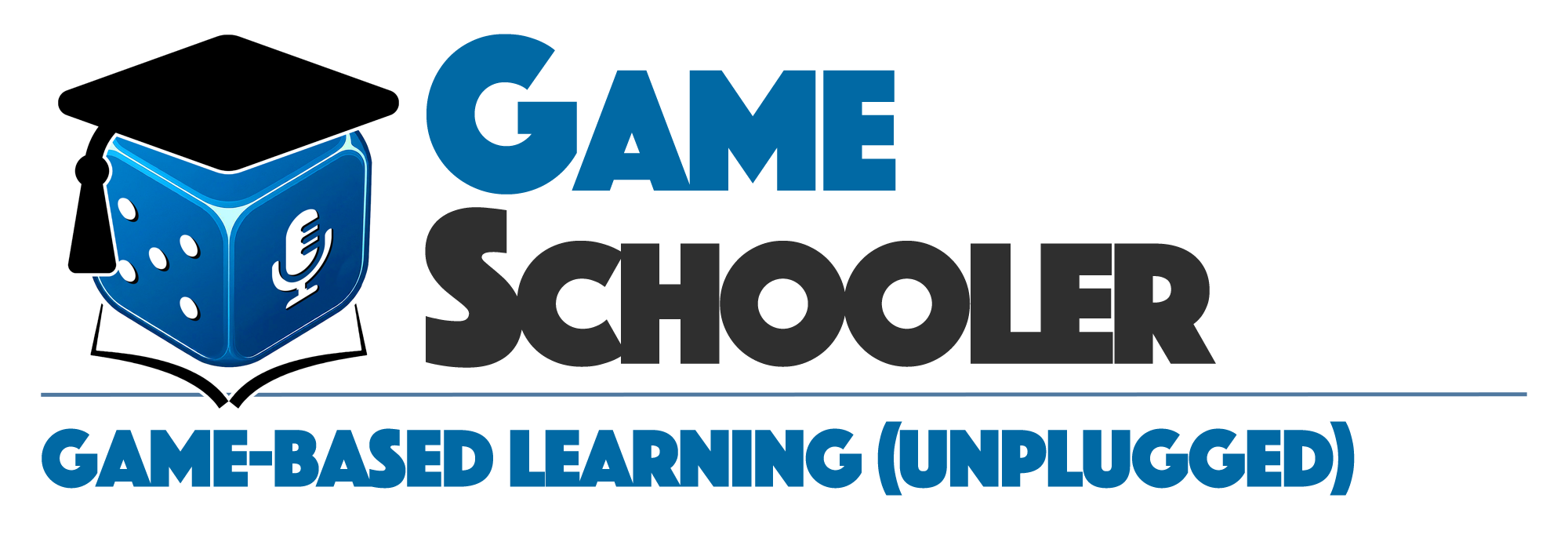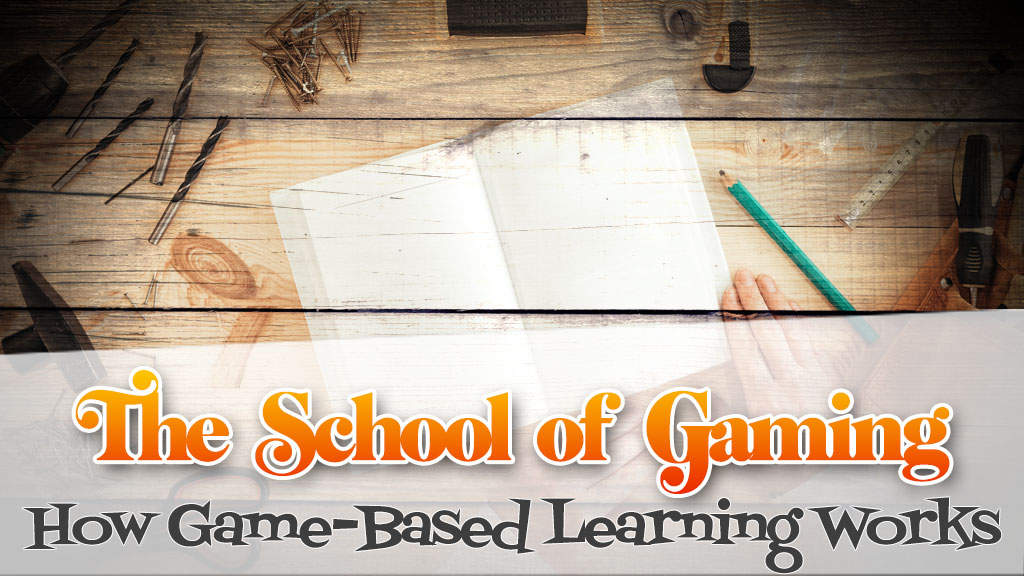Board games build skills. Before you spit your coffee or Mountain Dew out through your nose, we are serious. Playing a modern tabletop board game requires thinking, and players get better with repetition. Just as a basketball player gets better at dribbling and shooting and or a welder improves at putting pieces of metal together, the more people play board games, the better they get. We hope to bring game based-learning theory and practice to the board gaming arena. We do this not only because we love to play board games. We do this because we love to learn and want to share that passion for learning with others.
Game-based Learning as a theory and practice is not new. It’s been around for nearly twenty years and, from a scholarly standpoint, has been chiefly researched in the digital realm with video games. As recent research points out, Game-based Learning is not confined strictly to the digital domain or traditional subjects. Mayer (2020) noted, “Game-based learning occurs when playing a game causes a change in the player’s academic knowledge (including cognitive skills)” (p. 83). Through this lens, we contend modern tabletop board games are a perfect vehicle for skill building and deepening academic knowledge.
References
Mayer, R. E. (2020). Cognitive foundations of game-based learning. In J. Plass, R. Mayer, & B. Homer, B. (Eds.), Handbook of game-based learning (pp. 83-110). MIT Press.

